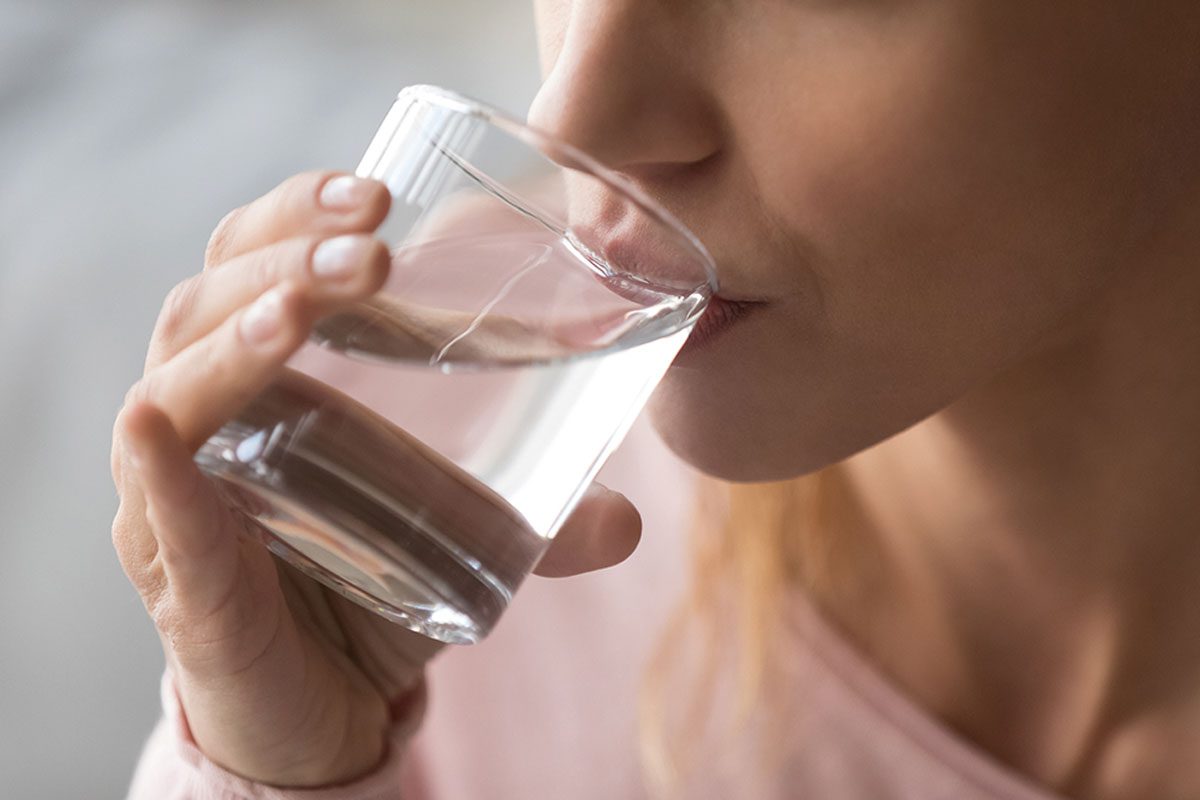Independently verified research by Swedish water technology firm Bluewater has apparently verified the efficiency of its water purifier technology at removing up to 99.99% of health threatening microplastics and chemicals such as toxic PFAS from tap water.
In late March 2022, researchers at Vrije Universiteit Amsterdam, reported finding microplastics in the blood samples of 22 anonymous donors. Three-quarters of the test subjects appeared to have plastics in their blood with the most common type of plastic found being polyethylene terephthalate (PET), which is used to make water bottles. And, in a separate study, scientists at the San Giovanni Calibita Fatebenefratelli Hospital, in Italy, discovered microplastics in the placenta of unborn babies.
“The long-term implications for human health of ingesting microplastics and the chemicals in them remains something of a black hole due to lack of dedicated research, so we decided to verify the efficiency of our innovative compact water at removing such contaminants,” said Bluewater’s Ahmed Fawzy.
He said the tests carried out by Bluewater and verified by the independent worldwide bio-analytical testing group Eurofins show the company’s purifiers can remove up to 99.99% of both microplastic particles and PFAS chemical pollutants from contaminated drinking water. The Bluewater microplastic study involved heavily contaminating drinking water with four common microplastic particles (PE, PP, PS, and PVC) prior to feeding it into an under-sink Bluewater Pro purifier.
The Bluewater PFAS removal research carried out in February was equally conclusive, showing a Bluewater PRO successfully removing 99.99%of the four most common PFAS compounds in drinking water listed by the Swedish National Food Agency, PFOA, PFOS, PFBA, and PFBS. Again, the Bluewater findings were independently verified by Eurofins.
In mid-June, the US EPA warned that PFAS are more toxic than earlier thought and said it was planning aggressive action to prevent them from entering the environment.








